Abstract 9/2024
Table of content
Andrzej Krych – Public transport and modal shift. Reflections on strategy, planning, and method
Ziemowit Pliszewski, Adam Kaniewski – Ten years of electromobility in MPK Kraków
Piotr Rataj – ‘Tramway War’ in Lviv in 1888-1893
Abstracts
Andrzej Krych
Public transport and modal shift. Reflections on strategy, planning, and method
Abstract: Modal shift, i.e. the provision of an increasing competitive advantage of sustainable travel modes, is the most precisely targeted component of sustainable urban mobility policy. In mobility plans, from a conventional planning outcome formula, the modal split becomes the conceptual normative formula of the transport task. When developing its hypothesis, it is necessary to assess the position and possibilities of public transport. It involves a process of change in land-use and in the rules for the organisation, provision and use of the different means of mobility. Due to the sustainability of the investment, the article focuses on cities that base their development on rail transport in the core and functional area. In the first part (chapter 2), based on a synthesis of the sustainable mobility paradigm, dilemmas and definitional proposals, methodological and cultural aspects, source contexts – including signposts of operational practices – are presented as support for the analysis of modal shift problems in national practice. Over the past two decades, a significant qualitative step forward in urban public transport has been made in Poland. Is the lack of progress in passenger volumes, the increasing competition of active forms of travel, the development of technology, a threat or a challenge? What is the potential of rail transport for undertaking alternative operational strategies? What is the future of public transport under changing rules of the game in the mobility system? The rationale for answering these and other questions is provided in Chapter 3. Chapter 4 proposes principles for embedding public transport in strategies, planning and methodology.
Key words: sustainable mobility, modal shift, public transport, transport system planning
Ziemowit Pliszewski, Adam Kaniewski
Ten years of electromobility in MPK Kraków
Abstract: The Law on Electromobility and Alternative Fuels has made it mandatory to implement a minimum number of zero-emission buses in public transportation, as a result of which more and more such vehicles have started to run in public transportation companies. The zero-emission bus market continues to grow, resulting not only in a wider range of vehicles offered, but also in more modern and better technological solutions at their disposal. MPK S.A. in Kraków was one of the first companies in Poland to start testing and introducing electric vehicles into its bus fleet. Today it is one of the leaders in electromobility in the country. The article presents a brief history of electromobility development in Kraków. Tests of electric buses are described, as well as the purchase of the first such vehicles in Kraków. The technical solutions used in these buses, the methods of charging and operating them at MPK S.A. in Kraków are briefly presented. The article also outlines the evolution of electric public transportation, the challenges it faced in its early days and the future prospects of further innovative technological solutions.
Key words: urban transport, sustainable transport, electric bus, electromobility
Piotr Rataj
‘Tramway War’ in Lviv in 1888-1893
Abstract: The article presents an interesting case of the rivalry between various technical concepts for supplementing and eventually replacing horse-drawn trams in Lviv in the years 1888-1893. At that time, both the City Council and the local technical community discussed the introducing electric, but also steam, gas, and other types trams in the city. The clash was intense and took place under pressure, as Lviv was scheduled to host the Galician Land Exhibition in 1894, which required transport from the city center to the exhibition grounds, but also an extension of the city’s transport system. The interests of both the horse-drawn tram company and the gasworks, which sought to block the emergence of electric competition, were at stake. Particularly active in the discussion was the eminent professional, Professor Roman Gostkowski, who often gave lectures and published scientific and popular articles on the subject. Initially, he advocated electric trams, but le later changed his mind and promoted gas trams. Important voices in the debate belonged to Prof. Roman Dzieślewski and Juliusz Hochberger, who produced a detailed and precise study proving the superiority of the electric tramway over the horse-drawn tramway. Eventually, in 1894, electric trams powered by an overhead catenary network were introduced in Lviv. This was one of the first such urban transport systems in this part of Europe. The article is based mainly on period press, as well as on archival sources and literature on the subject.
Key words: history of transport, public transport, tramway, Lviv
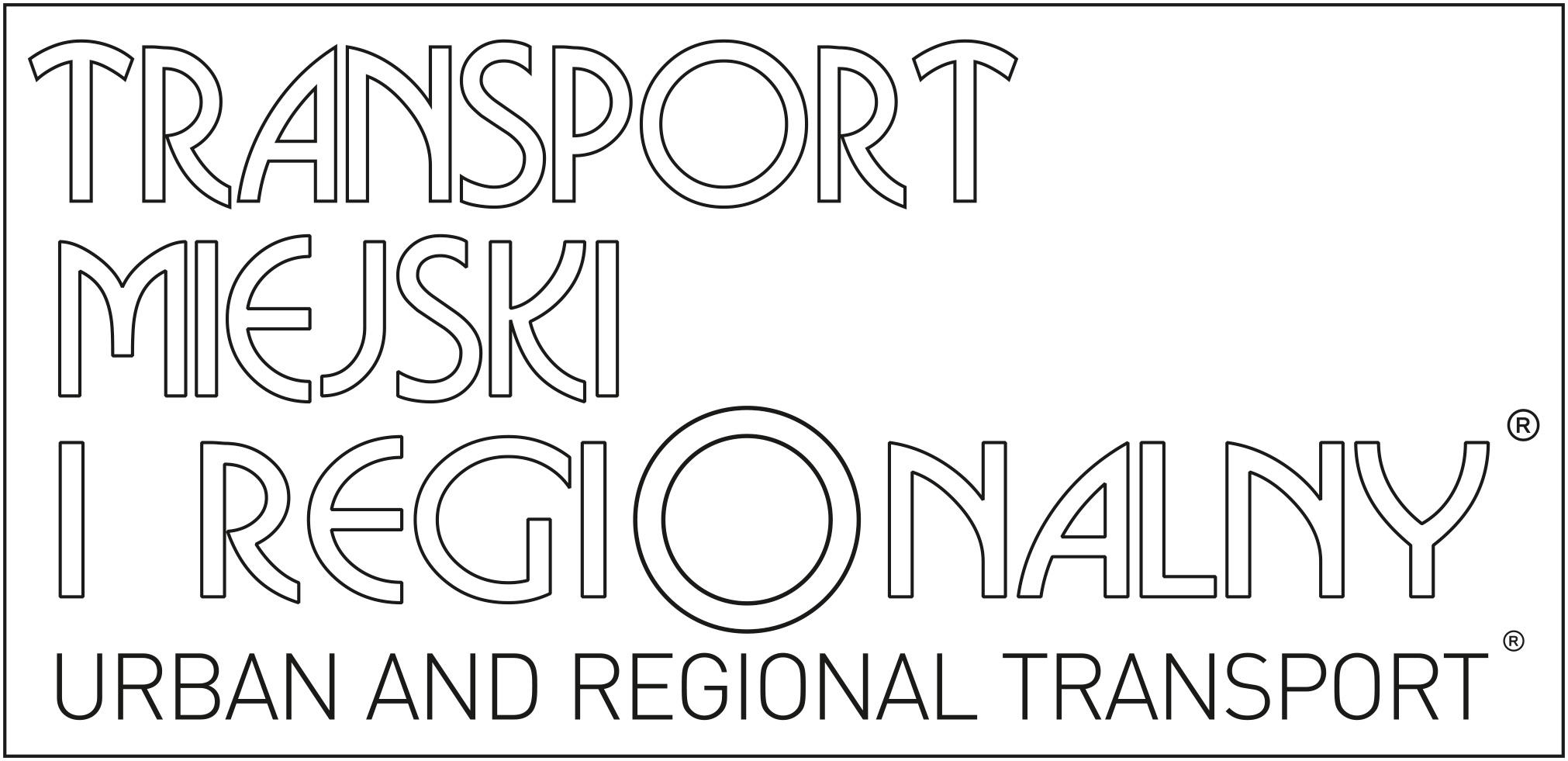
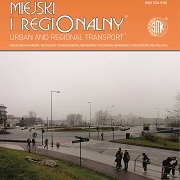 SITK
SITK 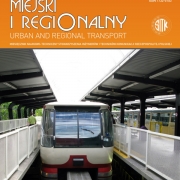 SITK RP
SITK RP 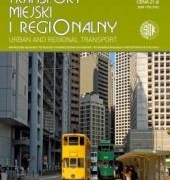 SITK RP
SITK RP 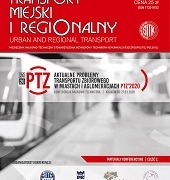
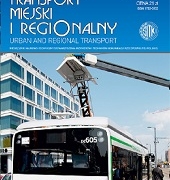 SITK RP
SITK RP 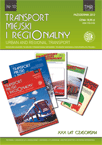 SITK RP
SITK RP 
 SITK
SITK SITK
SITK